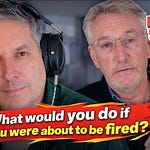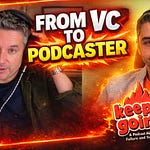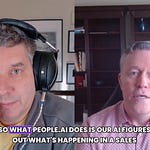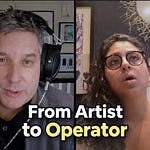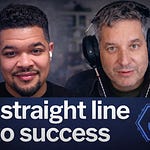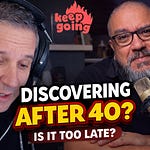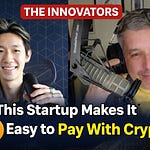I spoke with David Carvalhão in Lisbon. He is the CTO at IH Care and sits on a few boards. He has started more companies than most people will ever work for. Twenty six. Some hit. Some missed. Then he lost sixteen in one blow when a partner moved assets out from under him. He fought in court for years. He now calls that a mistake. He says he should have let go sooner.
What he works on now is simple in goal and hard in practice. Hospital acquired infections kill about 90,000 people a year in Europe. IH Care is trying to push that number down. They build a device that lets staff give real showers to bedridden patients. They make bed linens that repel water and are antibacterial and antiviral. They coat surfaces in rooms so that when bugs land, they go biologically inactive. Not dead, just quiet. No arms race. No resistant strain winning the day.
He put it plainly. Kill and you select for the strongest. Inactivate and nothing new learns to fight back.
Why this path. Family. He lost a grandfather and a grandmother to infections after hospital stays. He had worked in AI and software for years. In 2015, after the business collapse, he decided to spend his time on social problems. He still builds tech. He just points it at different targets. One project measures carbon stored in forests from satellite images to issue better credits. Another estimates emissions from huge events so organizers can offset with some basis in fact.
His mind runs hot. He knows it. He likes to start things. He also knows the cost. In 2022, as the war began in Ukraine, he spun up an NGO to help refugees get to Portugal and settle. It scaled fast. A call center. Hundreds of volunteers. Twelve thousand people moved through the system. The work won an award from the European Commission. On stage in Stockholm, he broke. Memory gone. Seven months to recover.
He did not dress it up. The first three months he mostly slept. Long and short term memory both took hits. Then the urge to work came back before the brain was ready. He wrote a book to keep himself steady. In time, he felt whole again.
So how does he keep from spinning out now. The answer is boring in the best way. Strict time blocks. He schedules family time and treats it as hard law. He meditates ten minutes a day. He journals for five minutes. Once a month he vanishes for a weekend with an old Nokia, no apps, no feed, no news. He sits. Walks. Rests. Thinks. Monday comes and he knows what matters for the next four weeks.
He also faced the standard investor critique. Too many projects. Lack of focus. He agrees it is a fair shot. His response is practice, not talk. He spends most of his time on IH Care. He delegates the rest. He is clear about his edge. He is best at creating and launching products. Others scale them.
There is a line he repeats from his grandfather. Leave the world a little better than you found it. It is not a slogan for him. It is a filter. Hospital infections. Carbon math. Refugee work. If it makes a dent and he can help, he leans in, but now with guardrails.
I like guests who do not make excuses. David does not. He names the failures and the cost, then keeps going. If you want the short version, here it is. Build for something larger than your own scorecard. Put fences around your time. Rest on purpose. Then do the work.



